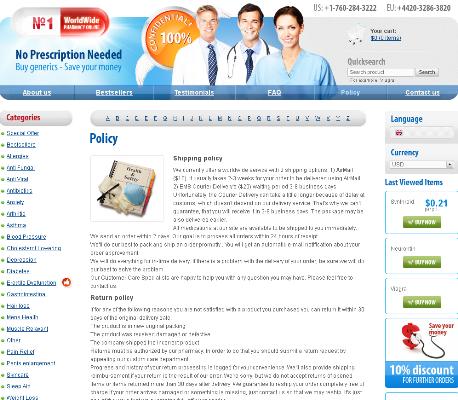Ventolin Myths and Facts: Debunking Common Misconceptions
Ventolin Only Works for Severe Asthma Attacks
Many believe that blue inhalers are reserved for emergencies, brought out only when asthma becomes life-threatening. In reality, Ventolin (salbutamol) is designed to relieve symptoms as soon as you notice wheezing, coughing, or shortness of breath—not just during severe attacks. By using it at the onset of symptoms, you can often prevent an episode from escalating, making it a crucial part of regular asthma management.
Early intervention with Ventolin allows people to stay active and avoid hospital visits. Prompt relief helps control daily triggers—like exercise, allergies, or cold air—so individuals can lead a fuller, more comfortable life with asthma.
| When to Use Ventolin | Benefit |
|---|---|
| At first sign of symptoms | Prevents worsening of attack |
| Before exercise | Reduces exercise-induced symptoms |
You Can Become Addicted to Ventolin Inhalers

It’s easy to worry that regular use of ventolin could lead to dependence, especially when you rely on it for quick relief during asthma symptoms. However, ventolin is not addictive in the way substances like nicotine or opioids are, and it doesn’t produce cravings or a high.
What often happens is that people with poorly managed asthma may need ventolin more frequently, but this signals a need to review and possibly adjust their overall asthma plan—rather than a risk of addiction.
All Inhalers Deliver the Same Medication
When it comes to managing respiratory conditions, many people assume that all inhalers are alike, but that’s far from the truth. Each inhaler can contain different types of medication, and understanding these differences is essential for effective treatment. Ventolin, for example, contains a fast-acting bronchodilator called albuterol, designed to quickly open airways during an asthma flare-up or sudden shortness of breath.
Other inhalers may deliver corticosteroids to reduce long-term inflammation or contain combination medications targeting both symptoms and prevention. These distinctions matter; using the wrong inhaler in a critical moment may not provide the necessary relief or could even result in side effects.
Knowing exactly what your inhaler contains helps you use it confidently and safely. Consult your healthcare provider to ensure you have the right inhaler for your particular needs.
Ventolin Is Unsafe for Children to Use

Many parents worry about giving their children medication, but ventolin has been thoroughly tested and prescribed safely to millions of young patients. Pediatricians commonly recommend ventolin inhalers for children with asthma, as they offer quick relief during episodes of breathing difficulty.
The medication works by relaxing the airways, allowing children to breathe easier within minutes. When used as directed, ventolin has a proven safety record and minimal risk of side effects. In fact, timely use can prevent more serious complications or hospital visits.
Parents often find that, with proper instruction from healthcare providers, children learn to use inhalers effectively and confidently. Always consult your doctor if you have concerns.
Using Ventolin Means Your Asthma Is Worsening
Regular use of a ventolin inhaler is often misunderstood. Many people think that reaching for your inhaler signifies your condition is spiraling out of control. In reality, ventolin is designed for quick relief when symptoms arise. It does not indicate permanent lung damage, but rather provides essential support during flare-ups. Asthma can be unpredictable, and protecting your airway is always priority. Properly managing symptoms with a prescribed inhaler prevents complications.
| Myth | Fact |
|---|---|
| Frequent Ventolin use always signals worsening asthma | Regular use may reflect exposure to triggers or inadequate control; consult your healthcare provider to reassess management |
Natural Remedies Work Better Than Ventolin
Picture this: a patient searching online for gentle, natural options like herbal teas and breathing exercises to manage their asthma. While these lifestyle approaches can play a supportive role, it’s important to recognize the robust clinical evidence backing Ventolin. This medication acts quickly to relieve airway constriction—a benefit natural remedies haven’t been shown to match in urgent situations.
Incorporating relaxation techniques, a balanced diet, and regular exercise may enhance overall lung health. However, substituting prescribed treatment with unproven remedies is risky. Asthma can escalate rapidly, and delaying effective medication could have serious consequences.
Always consult your healthcare professional before making treatment changes.

